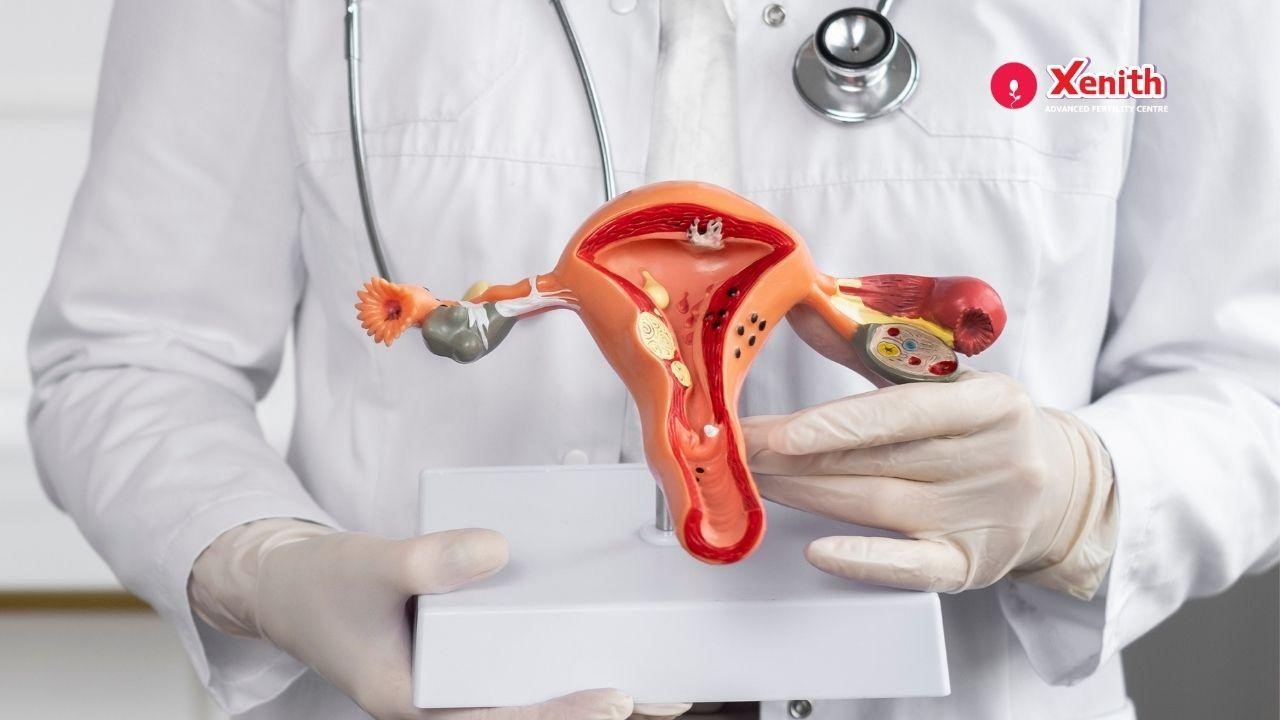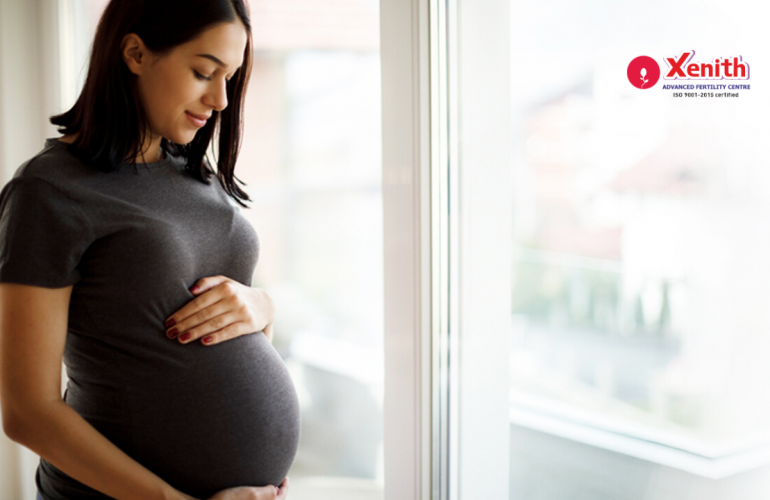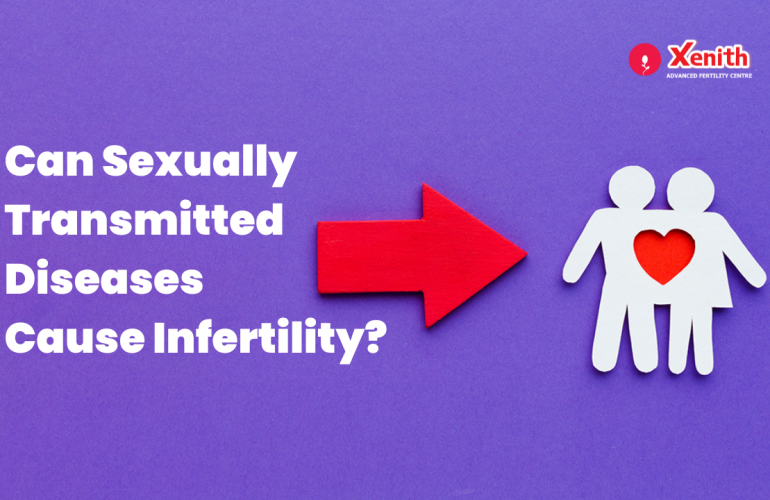Egg freezing is a procedure where a woman’s eggs are retrieved, frozen and stored for use at a later date. Many young women feel the need to pursue higher studies and a career before having kids. Others might not have met their partner yet and feel the clock is ticking away. Still others might have some health issues like cancer and might want to preserve their eggs before undergoing chemotherapy or surgery. Whatever the reason, egg freezing could help preserve good quality, healthier eggs when you are younger for use at a later date because as women age, the egg quality and quantity decreases. Since women are born with all the eggs they will ever have and this quantity and egg quality decreases over time, it might be advantageous to preserve good quality eggs when they are younger. It is thus important to talk to a fertility specialist about your unique circumstances and get advice about your chances of going through a successful pregnancy. Egg freezing needs to be contemplated by women who wish to have a child at a later date when they might not have many good quality eggs at that time.
What questions do you ask your doctor?
- What is involved in egg freezing- The doctor will assess you and run various tests like blood tests and do a pelvic ultrasound to determine how many potential eggs you have in your ovaries. You will then be given various hormone injections and medications to stimulate your ovaries so that several eggs will mature at the same time. Once the eggs have matured, they will be retrieved under an ultrasound guided surgery under anesthesia. This short procedure will take only 15 to 30 minutes. The retrieved eggs are then flash frozen in a matter of milliseconds in a process called vitrification. In vitrification, the formation of ice crystals is avoided due to the flash freezing, the water is replaced with a preserving solution and frozen in liquid nitrogen at -196oC in special cryogenic freezers in an embryology lab so that the biological process in the egg is halted. In the future, when the egg is needed for fertilization, it is thawed quickly, the preserving fluid is removed and the eggs are washed in culture medium and warmed, awaiting fertilization. The fertilized egg or embryo is then transferred back into the woman’s uterus for possible implantation and conception. The whole procedure of retrieving the eggs will take about 3 weeks and is the same as the initial stages of invitro fertilization(IVF).
- At what age do I consider freezing my eggs – basically, the answer is, the younger you are, the better your chances. In general, its best to carry out egg freezing before the age of 35 because female fertility begins to decline rapidly around age 35 although this could vary for different people depending on various factors like overall health, lifestyle, chronic diseases, genetics or other things. If you’re past this age, speak to your fertility specialist about your chances of conception.
- How many eggs do I freeze- depends on your ovarian reserve or how many eggs you have left in your ovaries. The number of eggs you want to freeze could depend on your age as the egg quality declines over time, your overall health, your genetics and various other factors. So an older woman might want to freeze more eggs than a younger woman in order to have better chances of getting pregnant. It would also depend on how many kids you want to have in the future. Remember that not every egg will survive the freezing and thawing process or successfully fertilize with the sperm. So, its good to discuss with your doctor about your chances of having a child and what to do to improve your chances of conception.
- Is there any risks and side effects- Most women go back to work and normal activities the day after the procedure since it is done on an outpatient basis, and the risk of complications is very low. Some women might have some minor side effects from the medications like headaches, nausea, breast tenderness and bloating which will dissipate soon. You might also have some slight cramping after the egg retrieval procedure. Your periods will soon return back to normal after this procedure and this doesn’t affect your future fertility in any way. In very rare cases, ovarian hyperstimulation syndrome (OHSS) could occur due to the excessive stimulation of the ovaries and the ovaries get enlarged causing nausea, vomiting, bloating and severe abdominal pain, however most clinics nowadays are OHSS free cliics. This is a safe procedure for the mother and there is no increased risk of birth defects in the baby or complications for the mother.
- What is the success rating of this clinic – Often, you can find this information online. You could also ask the doctor if this number is based on the conception rate or number of successful live births. Some clinics will not take on high risk patients or patients that have low chances of conception just to keep their success rates high. Also look into the qualifications and the amount of experience of the fertility specialist. See if you are able to have good rapport with the specialist and if the clinic has all the amenities and equipment needed to do everything and tackle most scenarios right on site.
- What will be the cost and financial considerations for this procedure – the cost of freezing your eggs could vary from one facility to another. Find out if the quote that is given will include hormone injections, the various appointments for ultrasound, blood tests, anesthesia costs, as well as the egg retrieval process. Will it be covered by your insurance? Sometimes, you might have to go through multiple rounds of egg freezing to get more eggs. Will you get a discount for doing more than one round? Also, you will also have to look at the yearly cost of storing those eggs until you decide to use them. The more eggs you freeze, the higher the cost of storing them.
When you meet with the fertility specialist, make sure you have a frank discussion with them and ask all your questions. Read up about the whole process and go prepared with questions like details about the procedure itself, does the clinic have all the proper equipment under one roof, and the total cost. Egg freezing is not a guarantee for pregnancy and find out what are your chances and how many eggs will need to be harvested for your specific age and circumstances.So egg freezing could buy you some time and help you to secure your parenthood dreams for the future. If you are contemplating egg freezing, and have any questions about it, please feel free to contact the experts at Xenith Advanced Fertility Centre who can explain everything in more detail.




